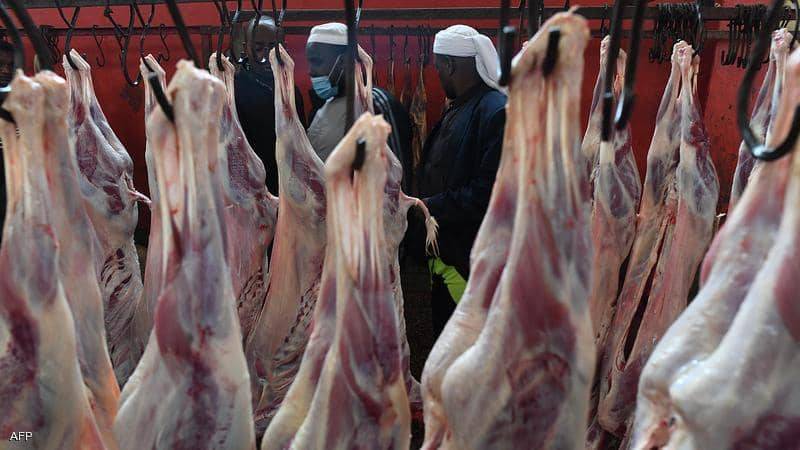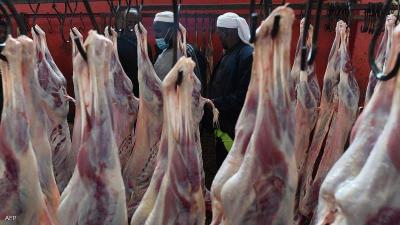During Eid al-Adha, many people maintain their food traditions, particularly consuming meat in various forms and large quantities. Nutrition experts provide healthy recipes to ensure safe meat consumption. They recommend having a time interval between slaughter and cooking meat, during which the meat should be frozen for several hours to ensure the elimination of bacteria. This advice contrasts with unhealthy practices, notably cooking meat immediately after slaughter, especially as a way to celebrate the sacrifice and quickly prepare the favorite meal on the first day of the holiday.
Hani Gabr, a consultant in nutrition, obesity, and internal diseases in Cairo, tells "Sky News Arabia" that "eating meat directly after slaughter poses several health risks due to the presence of bacteria." Therefore, it is generally advised to have a time gap between slaughter, cooking, and consuming meat, along with taking all necessary precautions to ensure the cleanliness and absence of contaminants or bacteria that could be introduced through slaughtering tools.
**6 to 8 Hours**
He indicates that the recommended minimum time for cooking and consuming meat after slaughter is between 6 to 8 hours, during which the meat should be frozen, then removed and left for a period before cooking using any common method (especially boiling).
The nutrition consultant advises that the meat should be left on the heat for an adequate amount of time to cook thoroughly without rushing the cooking process, adding that "all these instructions also apply to white meats."
**Cooking Method**
Gabr suggests boiling the meat at high temperature for an appropriate duration until the pieces are fully cooked, explaining that "baking in the oven is better than grilling over charcoal, but boiling is preferable in all cases."
**Storage**
While many people disagree on whether to wash meat before storing it in the freezer, Gabr prefers washing it with cold water to clean it of blood. He also advises disposing of the boiling water after it reaches a boiling point for the first time, then replacing it with fresh water, adding salt, spices, onions, and lemon afterward to help eliminate any bacteria or contaminants.
On another note, Gabr emphasizes the importance of not overindulging in red meat during Eid al-Adha, particularly for those suffering from blood diseases and high cholesterol. He highlights that excessive meat consumption may lead to "gout," which causes joint pain and discomfort in the toes and heels.




